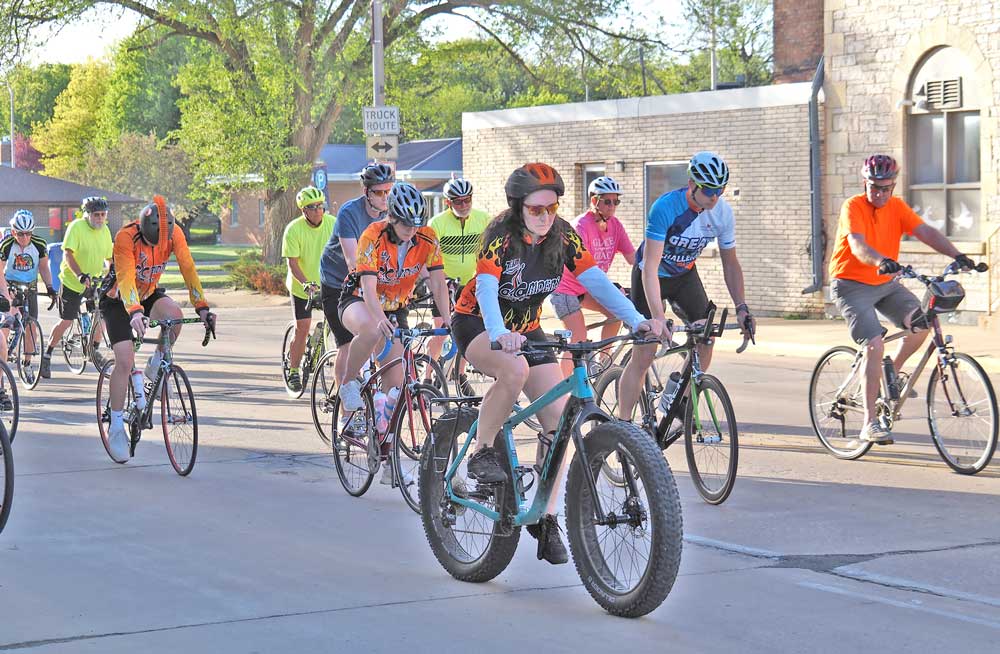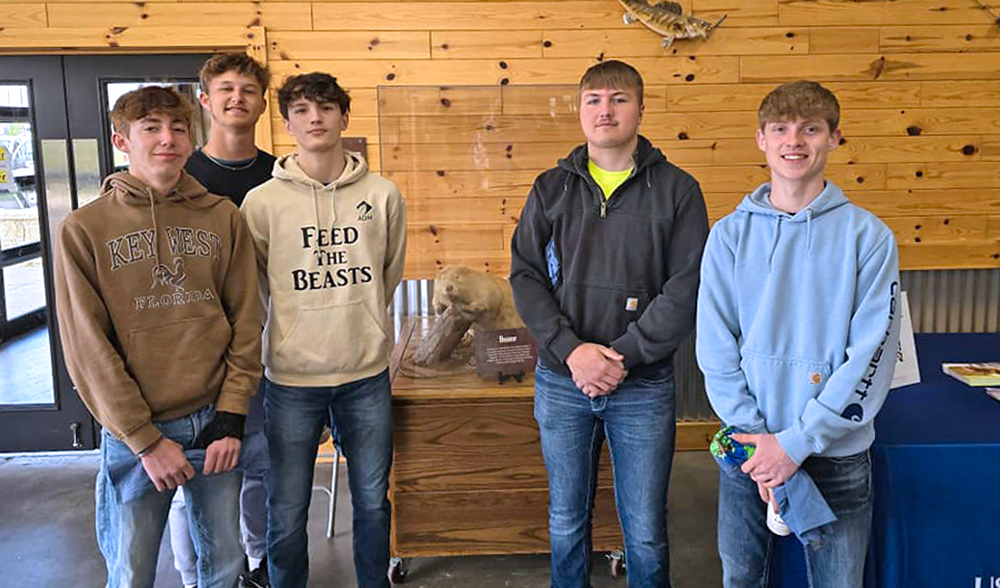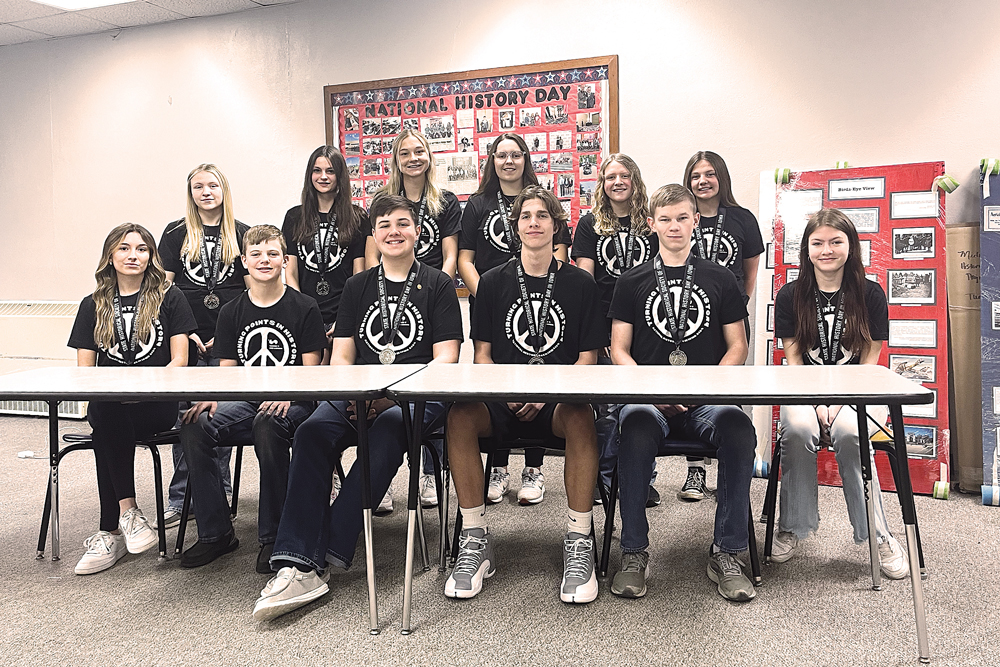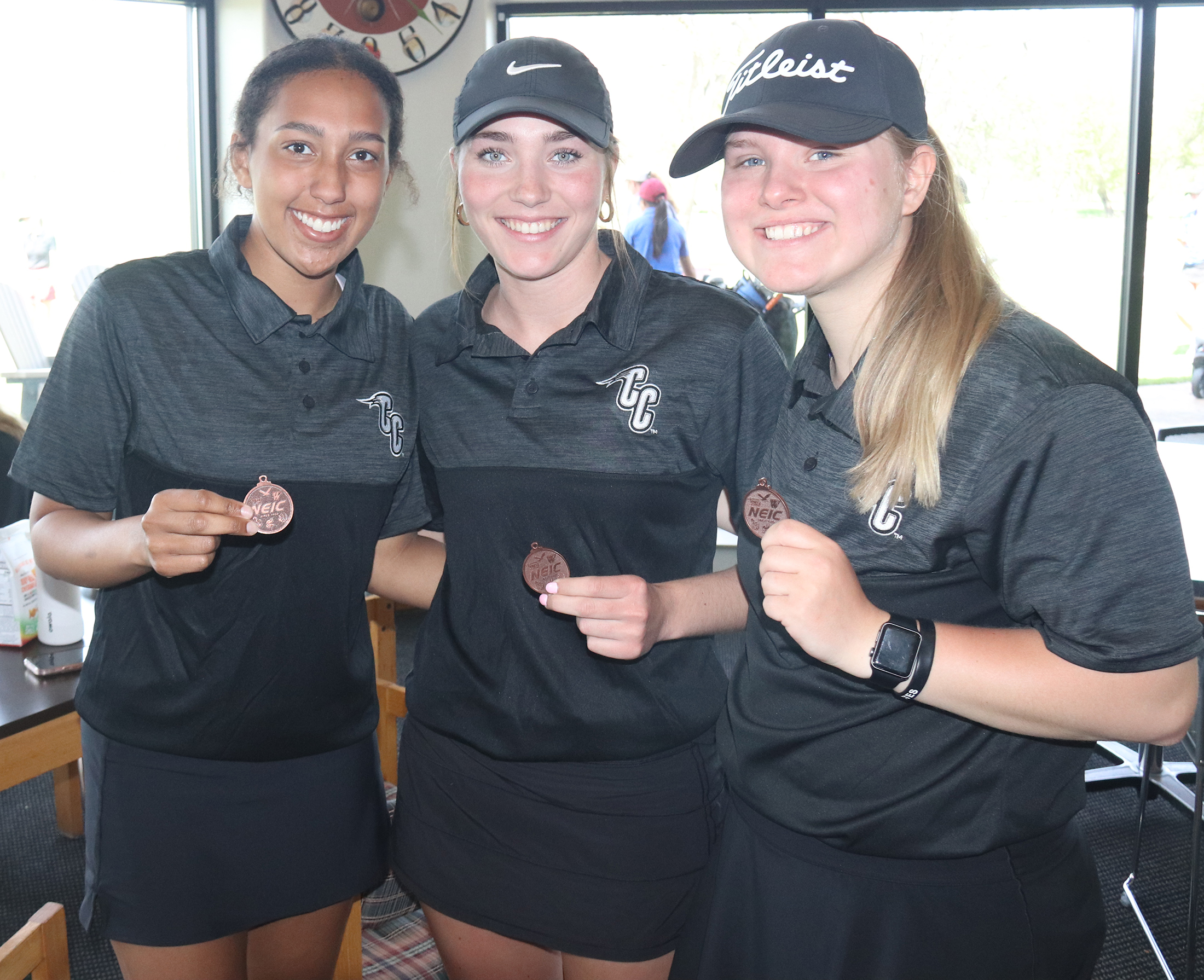RRMR teacher hopes being selected for graduate program can give youth a better understanding of wars and conflict

By Kelly Terpstra, kterpstra@charlescitypress.com
The signing of the Treaty of Versailles on French soil just over 100 years ago this past June ended what was considered at the time “the war to end all wars” — what is known now as World War I.
Kelly Arickx, a teacher at RRMR School in Rockford, was recently one of 114 educators selected worldwide to participate in a National History Day program titled “Legacies of World War I.” The program is a partnership with the U.S. World War I Centennial Commission and National History Day.
“I really appreciate the opportunity. I think the support for projects like this and promoting history education is vital. I think it’s really, really important,” said Arickx.
There are 58 affiliates of National History Day and two were chosen from Iowa from among those who submitted applications, Arickx said.
Arickx, an 11th grade world history teacher at RRMR, is currently taking part in webinars and discussions with instructors from around the world to sharpen her knowledge about World War I and its lasting impact.
“I haven’t really taught anything yet at all. I’m still in the learning stage. It’s a professional development opportunity for educators. We work in collaboration with other teachers from around the world,” she said.
Arickx began the graduate course last month and she said it will result in preparing lesson plans and activities that she can use in the classroom.
“What I learn today will inform how I teach about World War I for the rest of my career,” she said. “What I’m learning is some really interesting details that aren’t generally covered in a survey world history course.”
The course material is taught in several different phases and topics taught or discussed are World War I veteran experiences, humanitarian efforts following the Great War, immigration in the Post-War Period and citizenship and the federal government. The fall semester course started in August and will end in December.
“It’s digging more deeply into some elements of World War I to get a better understanding of people’s experience and the times,” said Arickx. “So not only a microscopic view of some experiences, but then zooming out and understanding how that fits into the whole puzzle.”
Arickx said World War I was extremely complex and no single event started the war. Although the assassination of Archduke Franz Ferdinand of Austria in 1914 was one of many factors, “wars don’t happen in a vacuum,” she said. “There’s so many things that led to that conflict.”
Arickx said it’s important for students to understand the gravity of the war, which produced over nine million combatant casualties and seven million civilian deaths.
“I think looking at the world from a wider perspective is important, because sometimes we just focus on the right here, right now,” she said.
“The right here, right now doesn’t get here without all those other actors and so understanding the context of any war is valuable,” she said. “How did we go from whatever non-war situation we’re in to the conflict? Because it informs us of what those dangerous connections are. World War I is full of that.”
Arickx said there is a real value to having an understanding of world events.
“I’m a fan of liberal arts education. I think having a background in lots of different areas helps us be better decision makers and that helps us be better citizens,” she said.
“While I may not use all of the things that I learn in this class every year, I’ll use those bits of information and my own learning sort of tucked away. When it’s appropriate or meets a need in my classroom, I’ll have a depth of knowledge that I wouldn’t have otherwise had.”
Arickx said Susan Fritzell of Marshalltown High School is the other Iowa teacher that was selected by NHD.
Arickx has taught at RRMR since 1995 and also teaches psychology. She is also an instructional coach for the school in 7th-12th grades.








Social Share